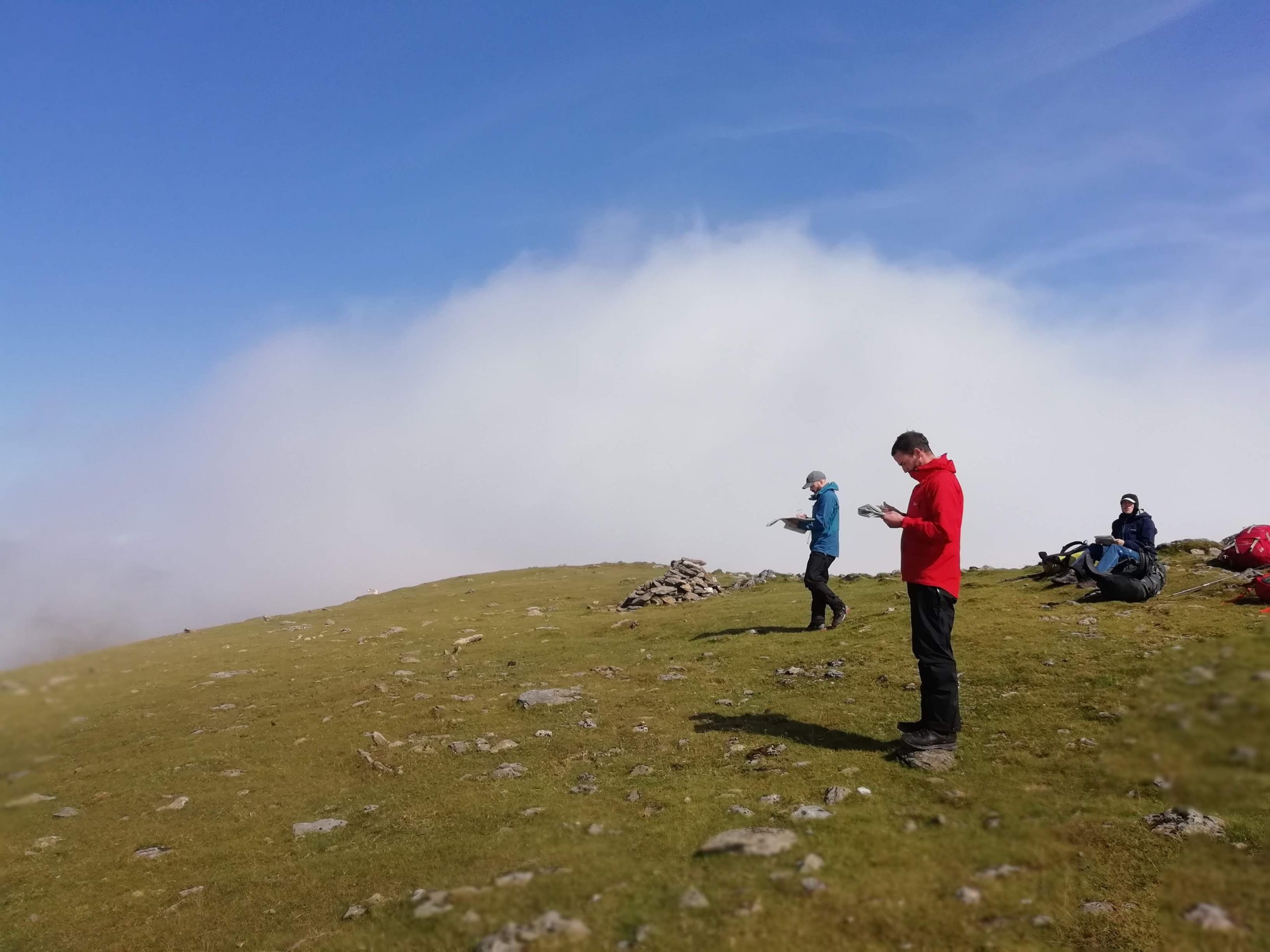
Mountain Leader: What is a Quality Mountain Day?
Quality Mountain Days (QMD) and how to log them on your Digital Logbook (DLog) can be a very confusing element of the Mountain Leader Scheme (ML), so let’s clear up what counts and what doesn’t as a QMD.
Experience
Ultimately the ML is an experience-based award which includes training and assessment. It is awarded by Mountain Training – a collection of awarding bodies for skills courses and qualifications in walking, climbing and mountaineering in the UK and Ireland.
As an aspiring Mountain Leader you are on a journey to build your experience with a large variety of mountain walks combined with quality reflection after your hikes. Before training you need to achieve a minimum of 20 QMDs – and before assessment a minimum of 40 in total. The aim of the QMD system is to give the Mountain Leader an understanding of their personal experience level and guidelines on how to best develop.
As Mountain Training say, “Such days [QMD’s] make a positive contribution towards a person’s development and maturity as an all-round mountaineer.”
Definition of a QMD
To develop as a mountaineer, Mountain Training highlights eight points of which some or all are fulfilled to count as a QMD:
- the individual takes part in the planning and leadership
- navigation skills are required away from marked paths
- experience must be in terrain and weather comparable to that found in UK and Irish hills
- knowledge is increased and skills practiced
- attention is paid to safety
- five hours or more journey time
- adverse conditions may be encountered
- ascent of a substantial peak would normally be included in the day
This list promotes ‘the exploration of new areas’ and encourages Mountain Leaders to seek out ‘physical and mental challenge’ through ‘conditions experienced’ and ‘the terrain covered’.
Mountainous areas
Your QMDs need to be within ‘mountainous country’ in a minimum of three different areas. ‘For the purpose of the Mountain Leader scheme, ‘mountainous country’ ‘may be defined as wild country which may contain unavoidable steep and rocky ground where walkers are dependent upon themselves for immediate help’. Under this definition, Snowdonia counts but the Yorkshire Dales do not while most of the Scottish Highlands count but Dartmoor does not and the Lake District counts but not the Peak District.
However, walks in ‘non-mountainous country’ are very valuable. Whilst not directly ticking off the QMDs, these walks broaden a Mountain Leaders experience and should be logged as other categories such as Quality Hill and Moorland days or Mountain Walk as appropriate. A full list of Mountainous areas can be found at the bottom of this blog.
Camping
There is also a requirement before assessment to do 8 nights camping including at last 4 wild camps. ‘Wild camping takes place in moorland or mountain terrain remote from roads and habitation’. This is a great way to link 2 or 3 QMDs together in more remote areas and gain invaluable experience. Be sure to read up on environmental considerations before heading off on your first wild camp.
Close to the summit
The pursuit of QMDs can be seen as a fantastic opportunity to explore the mountainous areas of the UK. Is there an inspiring mountain you have always wanted to summit? Gather some information from guidebooks and online, clear a table, lay your map out and let your imagination take you on an adventure. From the top of that mountain, you may see your next inspiring objective. When you come down, you can reflect on your time in the mountains, gather your learning points and log it all on DLog. You can learn more about how to log your QMDs in the next blog. Happy Walking!
The quoted parts of this blog are from the Mountain Leader FAQ’s on Mountain Training’s website. If you want more information this is a fantastic resource.
In the United Kingdom and Ireland mountainous country includes:
- Snowdonia
- Brecon Beacons
- Lake District
- Mountains of Mourne
- Scottish Highlands
- Galloway Hills
- Cork & Kerry Mountains
- Galway & Mayo Mountains
- Donegal Mountains
- Dublin & Wicklow Mountains


